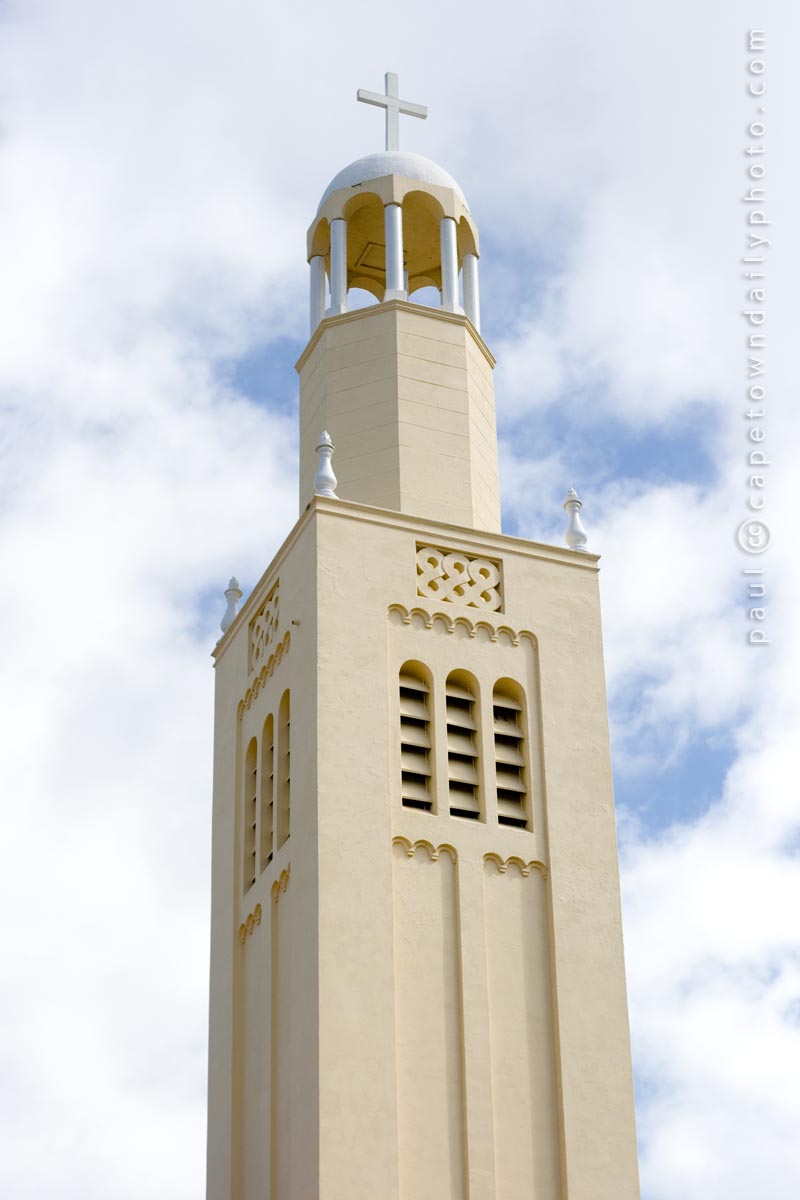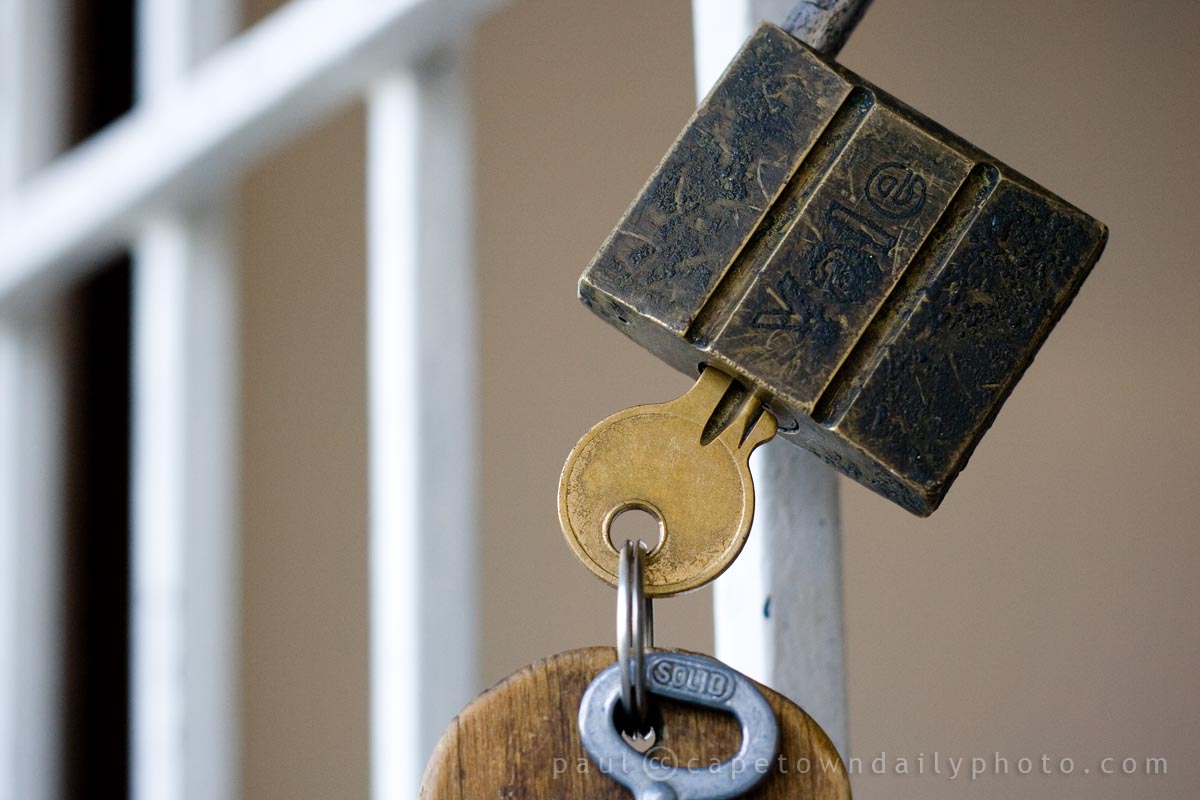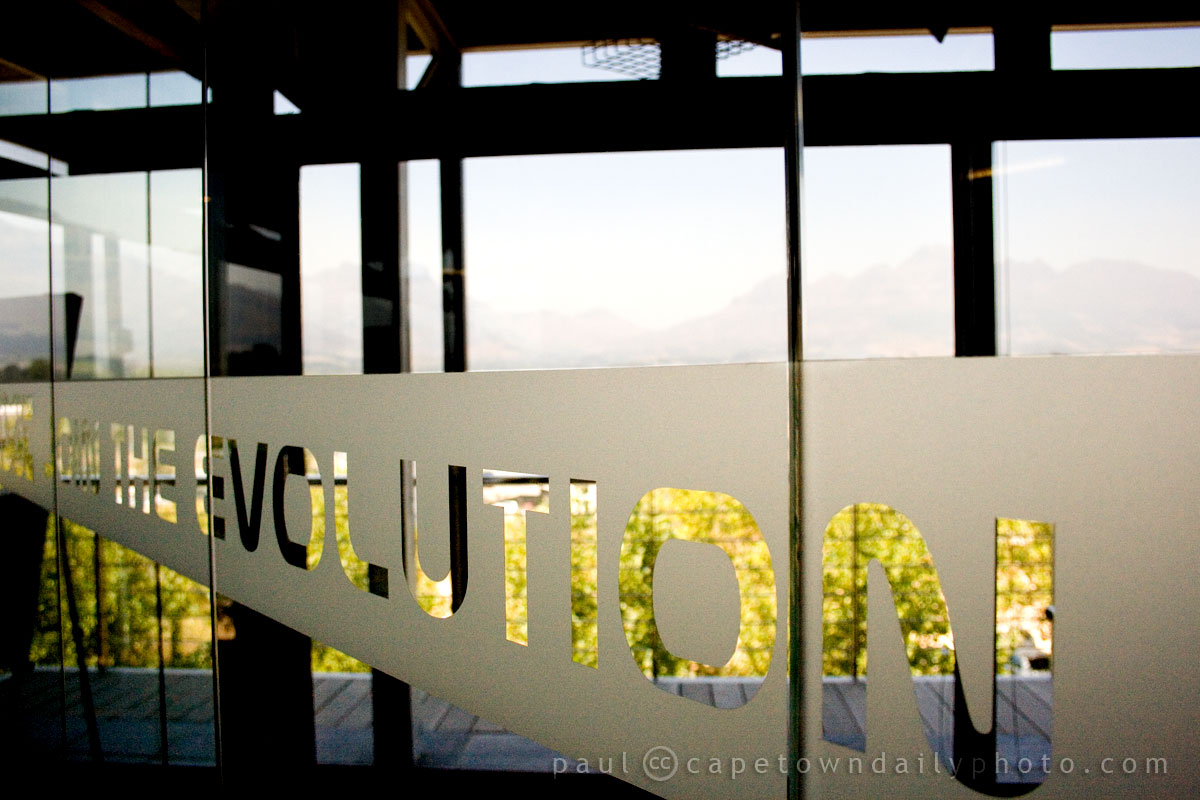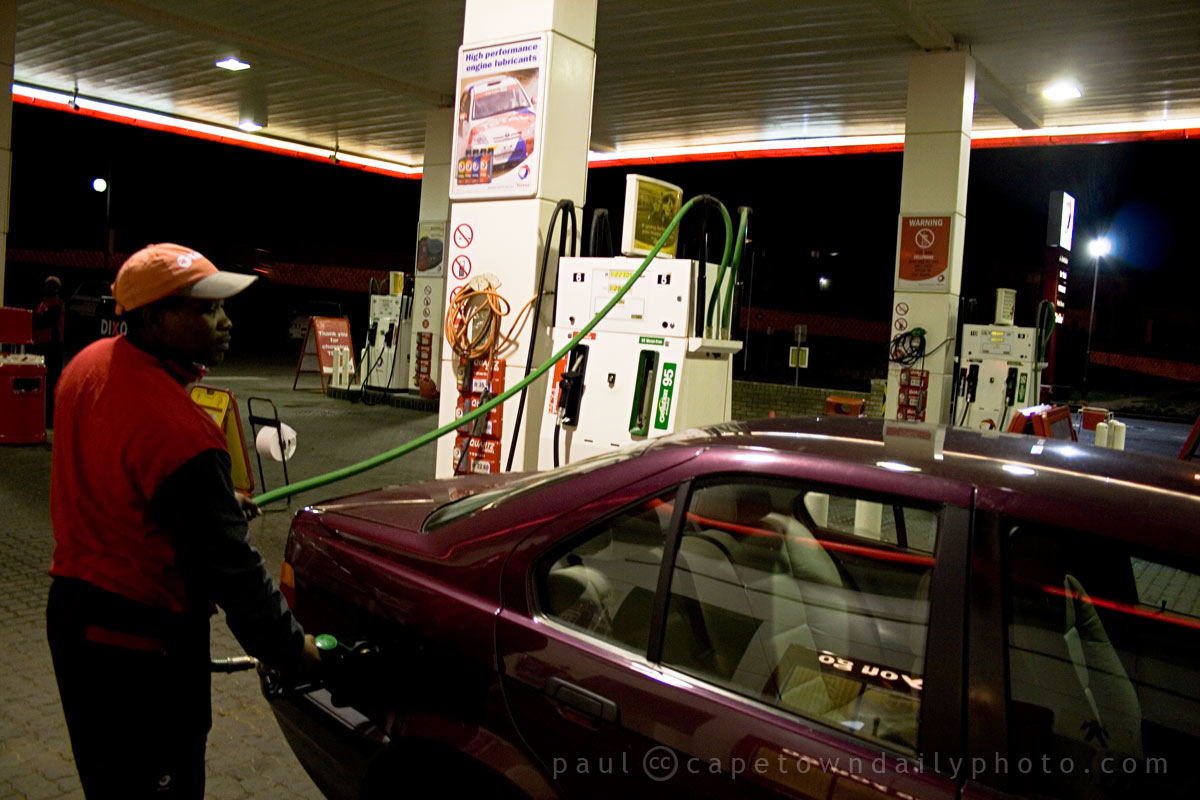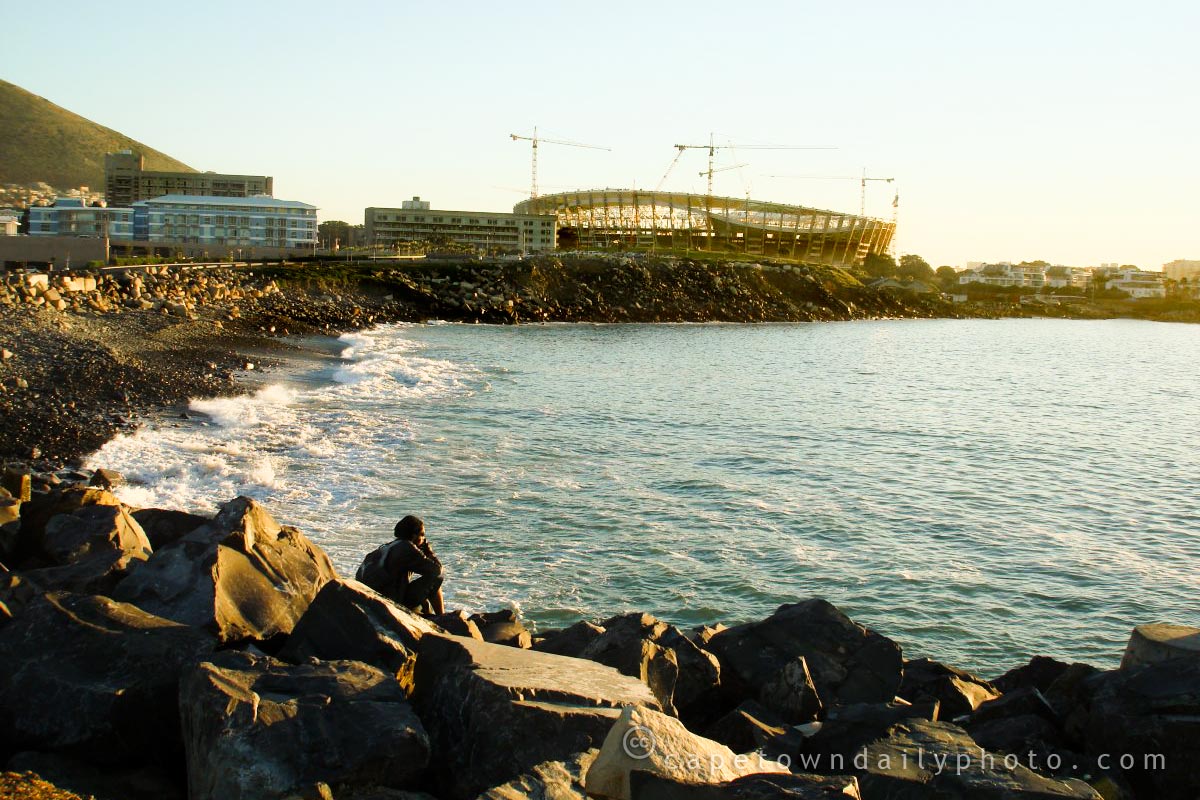The title of this post is the tagline for The Movement for Good, a group of companies and individuals that have joined together to help foster moral regeneration. The tagline speaks exactly to what I understand their core philosophy to be, and that is that if you and I start doing good things, stop breaking even the most inconsequential laws, and start being "good people", then that will have an effect on our country's general morality.
I'm sure that they don't mean that not picking wild flowers, not speeding, and not watering your garden during water restrictions will prevent violent crimes in the short term, but I rather imagine that the philosophy says that failure to abide by the small laws and sense of morality promotes slightly more significant crime and moral degradation (perhaps in others), which in turn snowballs into a lack of respect for other people's possessions or even lives.
Sure, it's quite a leap to get from contravening small laws and senses of morality to the big issues of theft and violence, but kids learn from their elders and if elders instil good values into children then I really do believe that it could stop the snowball and have a positive effect on crime and morality in general.
Add your stream to the river, visit their website, read up about their focus areas (Safety, Education, Environment, Health, and Youth), and join the movement!

